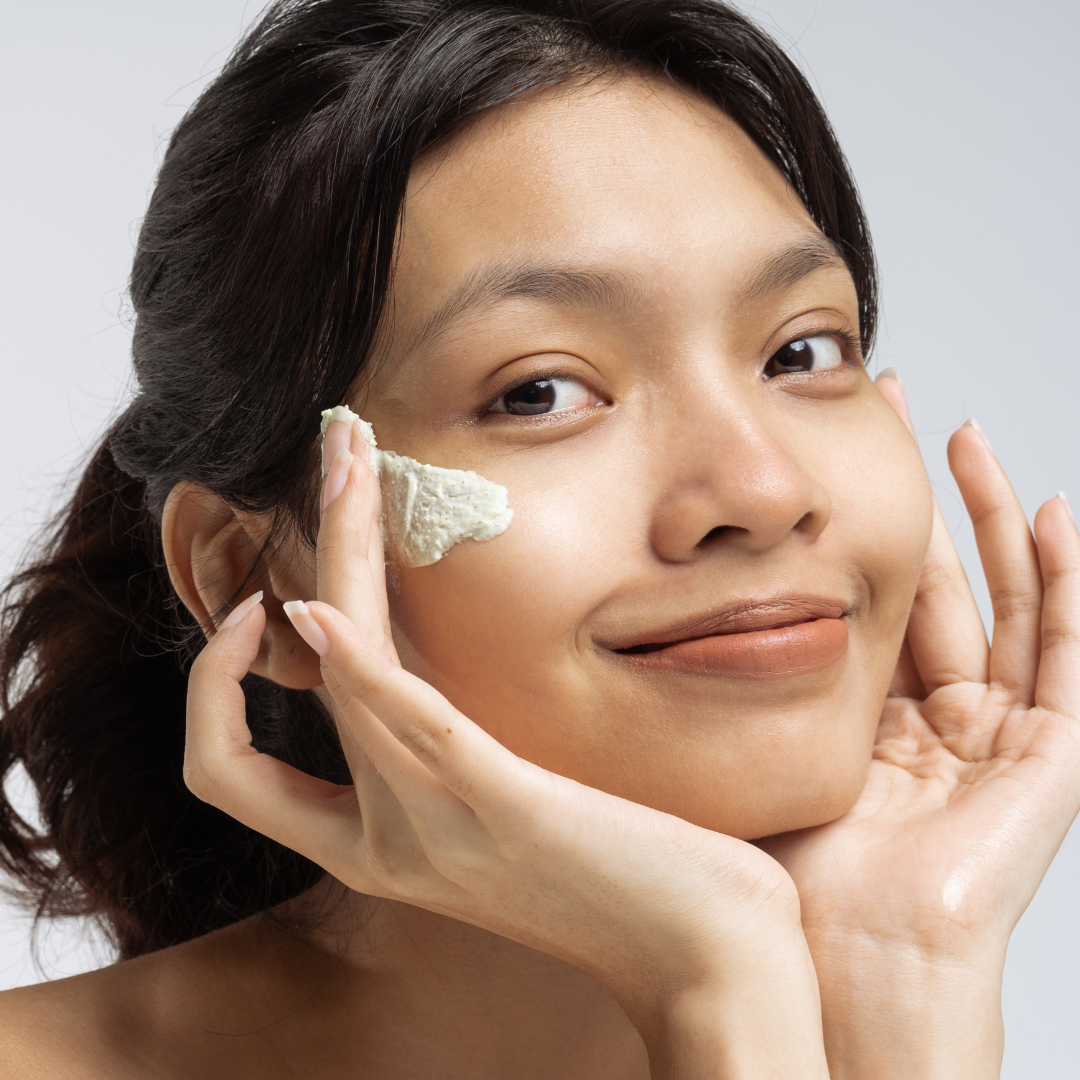
How to choose the right exfoliant for your skin?
In the world of skincare, there is a lot of talk about exfoliation. Exfoliation is the process of removing dead skin cells from your skin’s surface. Removing these dead cells prevents acne, improves skin tone and texture, promotes new cell growth, and makes you look fresher and younger. And who doesn’t want smoother, healthier skin!
With the abundance of exfoliating masks available today, it can be a bit overwhelming to pick the right one! The first step to finding the right match for your skin, is to know what are the different types of exfoliants.
Essentially there are two different types of exfoliants: physical (scrubs, peels, or masks) and chemical (serums and oils). Both exfoliate your skin through different methods.
Physical Exfoliant
The term ‘physical exfoliation’ refers to the act of physically removing dead skin cells from your skin. Some examples of physical exfoliators you may have heard of include scrubs, sponges, brushes, and even micro-dermabrasion.
There are a few popular ingredients when it comes to face scrubs like Jojoba Beads and sugar and salt granules which are gentle and environmentally friendly. The bamboo powder obtained from bamboo stems is very popular for its gentle and non-abrasive application. Coffee granules are popular among body scrubs as they help reduce cellulite and regenerate new skin cells by unclogging pores and stimulating blood flow. Safflower seeds, sweet almonds are among others.
Chemical Exfoliant
Chemical exfoliants are chemical agents that remove dead skin cells to give you healthy, radiant, and younger-looking skin. The two main kinds of chemical exfoliants are AHAs and BHAs.
Also read: Chemical VS Physical Exfoliation: Difference & Which is Better
Alpha Hydroxy Acids (AHAs)
New to the skincare and beauty scene, Alpha Hydroxy Acids (AHAs) may be a new step in taking care of your skin. AHAs are water-soluble acids derived primarily from sugary fruits, meaning they exfoliate your skin by loosening the ‘glue’ that holds together the outer layers of your skin.
Glycolic Acid is the most popular AHA. It is most effective to decongest your pores, thanks to its small molecules. Lactic Acid derived from milk is milder than glycolic and perfect for dry skin. Or you can opt for fruit-based Citric and Malic Acids exfoliants if you are looking for brighter glowing skin.
Beta Hydroxy Acids (BHAs)
BHAs are oil-soluble so they’re able to penetrate deeper and exfoliate from within the pores on your skin. These are mostly contained in anti-acne products. Salicylic acid is a well-known BHA due to its positive performance in acne treatment. If you are looking for something to rejuvenate and stimulate your skin from deep within, try The Pink Foundry’s salicylic acid-based Overnight Exfoliating Radiance Mask. This overnight mask will do wonders for your skin while you sleep.
The big question is: how to choose the right exfoliant for your skin?
Your skin is the best judge of which exfoliant is perfect for your skin!
- If you have dry skin opt for beauty skin products that are mild. Avoid using physical scrubs as they may cause microtears. You may look for milder options like salicylic acid peels or glycolic acid to remove dead cells for healthier-looking skin.
- Oily skin can definitely reap the benefits of manual/ physical exfoliators like motorised brushes or scrubs with exfoliating particles. The extra layer of built-up can be managed better with a slightly stronger treatment.
- For acne-prone beauties, chemical exfoliators are your best bet! Physical exfoliators might cause acne outbreaks. The beauties with extra sensitive skin should avoid exfoliators altogether.
Also read: How To Exfoliate Face Skin For Smoother And Brighter Skin
Strength of your exfoliator!
The strength of the exfoliator is an important factor before deciding the right beauty skin product for your skin. For example, BHAs are gentle enough for all skin types and regular use, however, the percentage of active ingredients must be considered. Especially if you have sensitive skin, a chemical exfoliator with a low percentage of acid might work, however, we recommend consulting your dermatologist before you experiment.

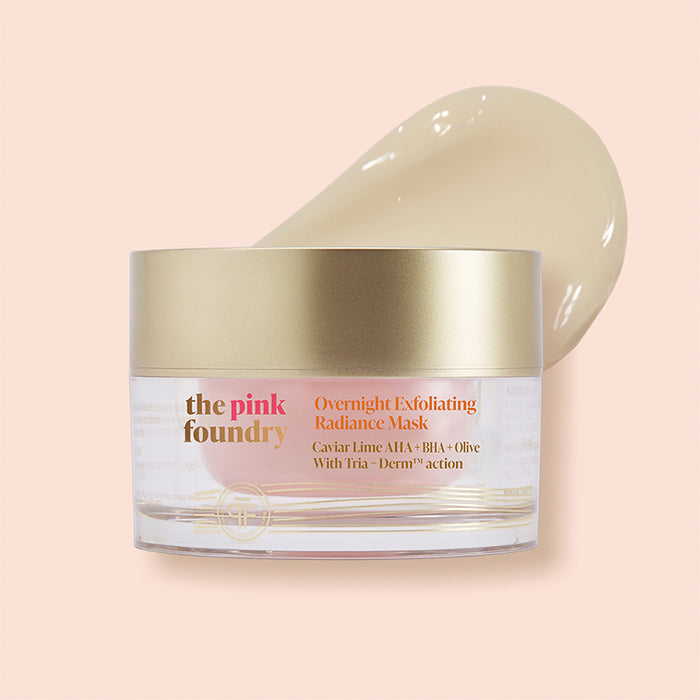
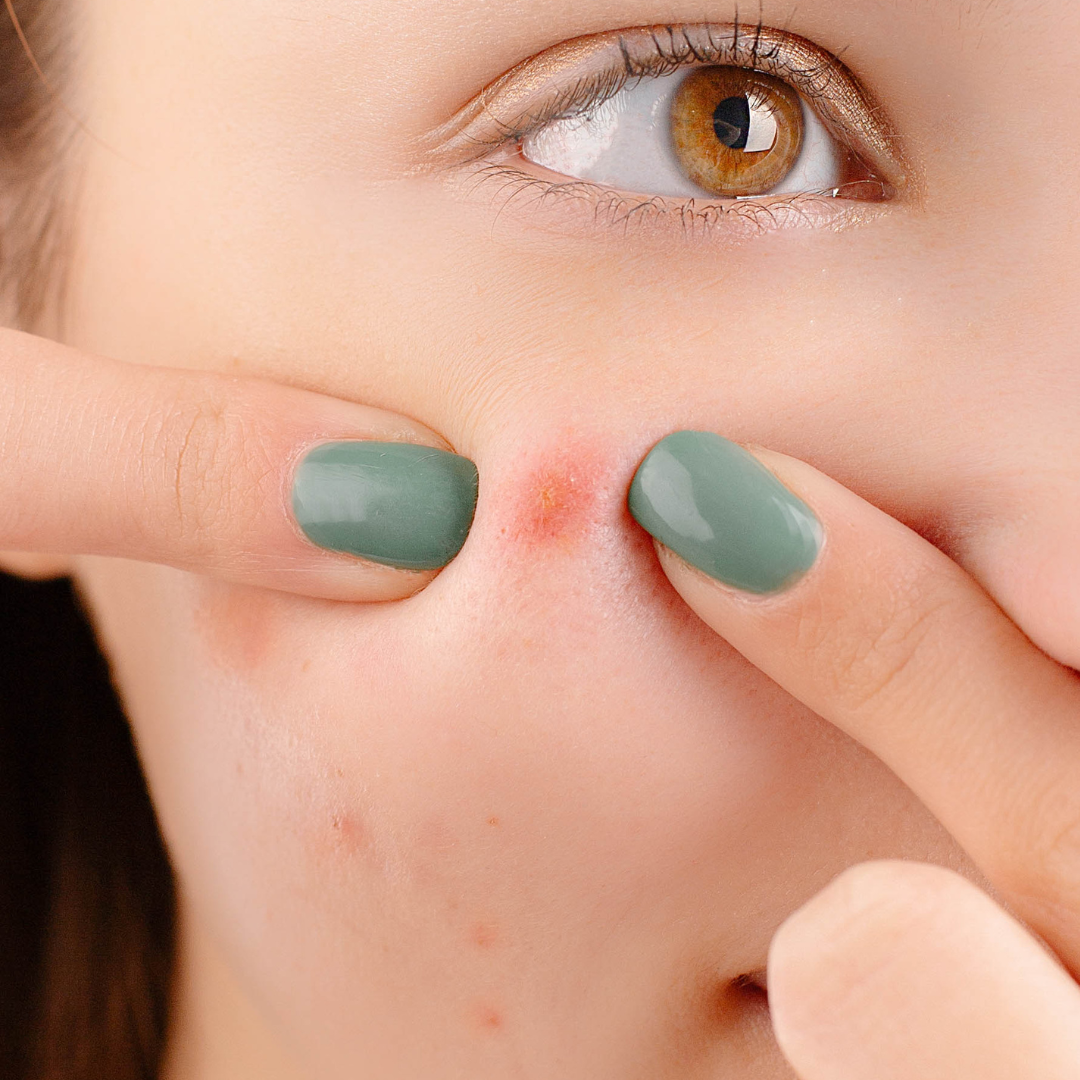
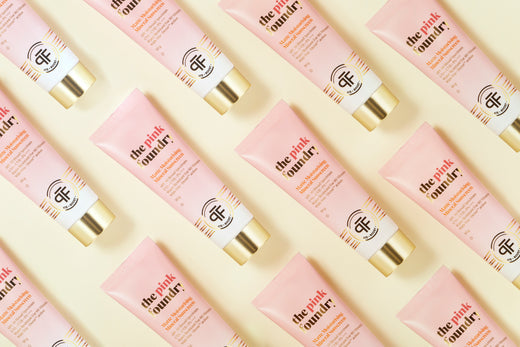



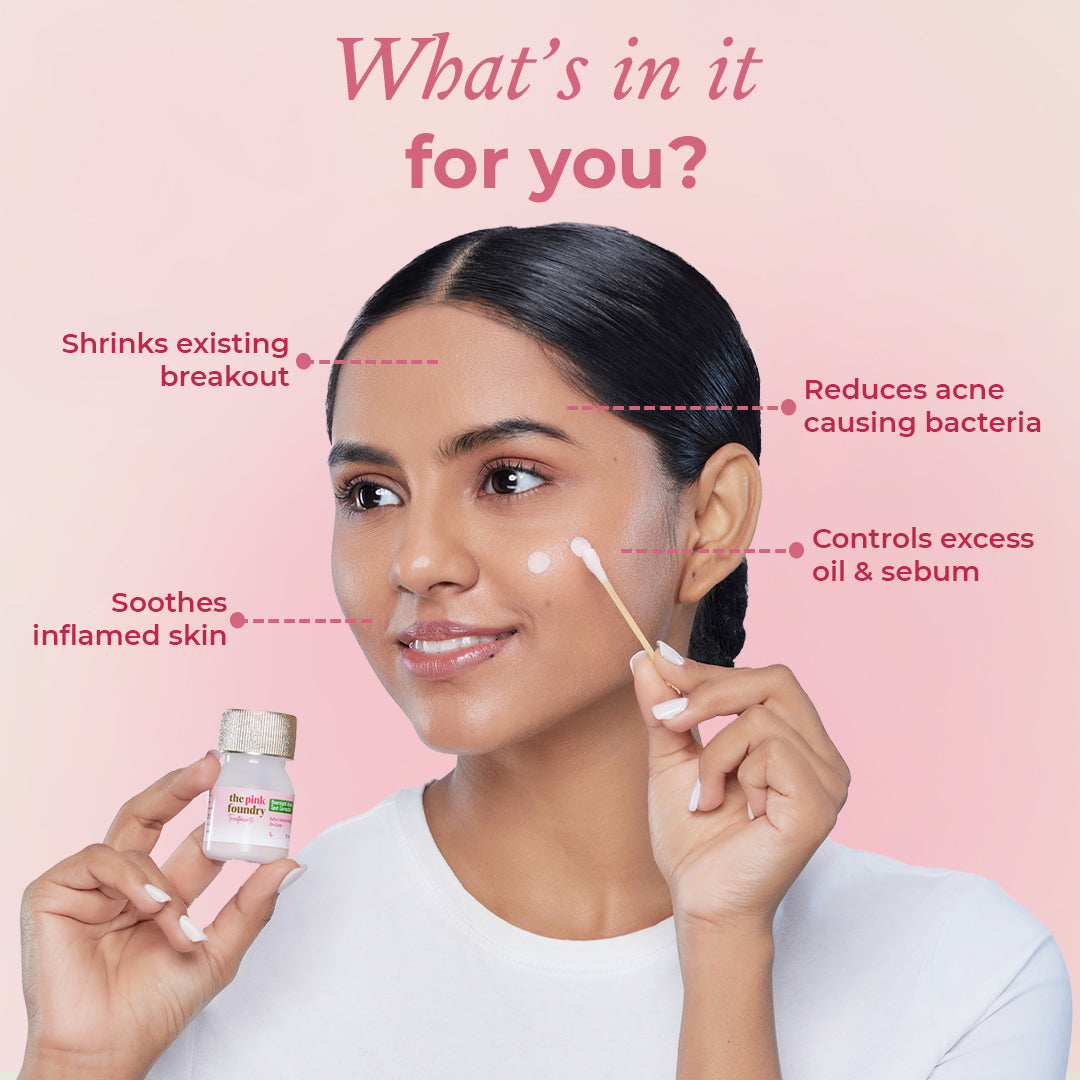
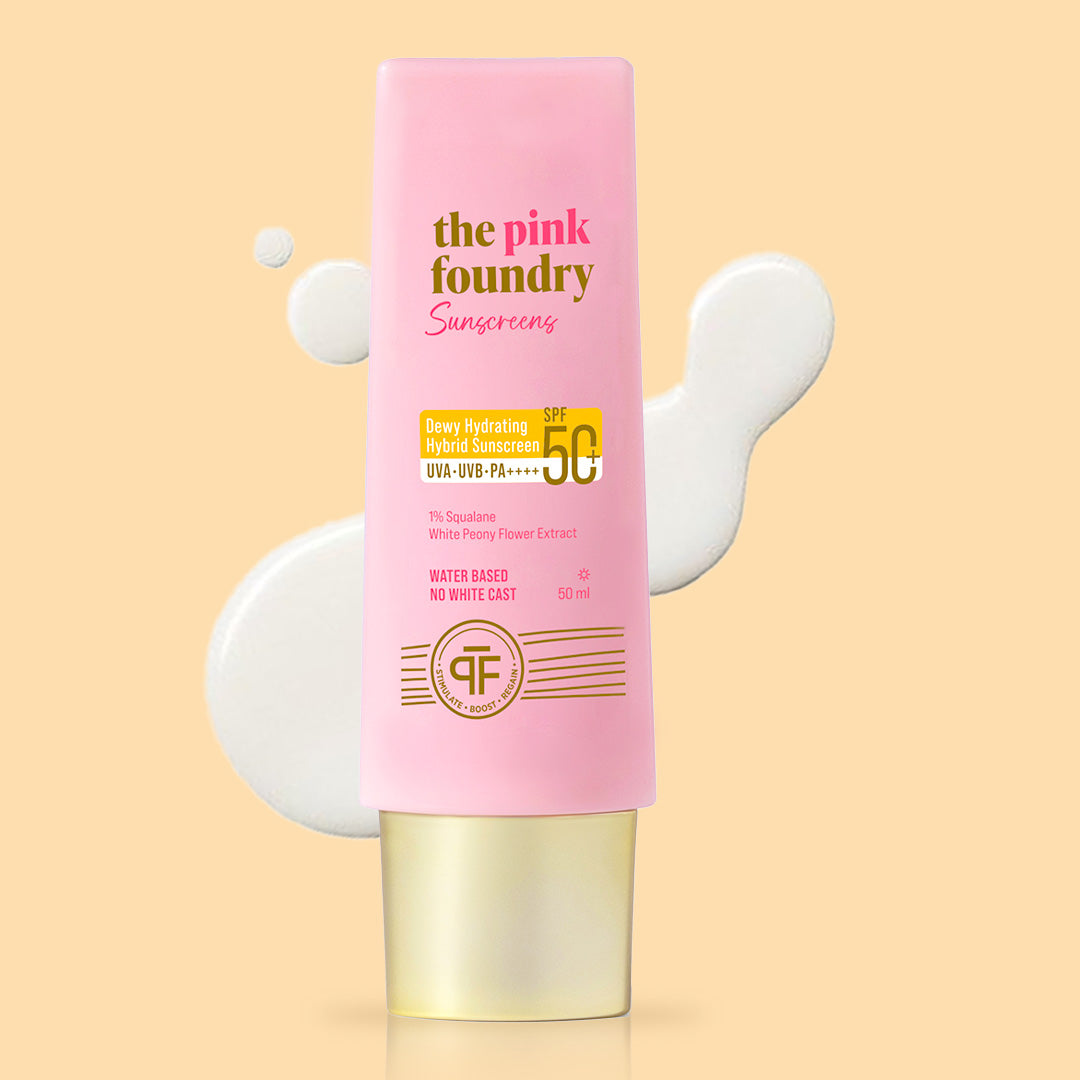
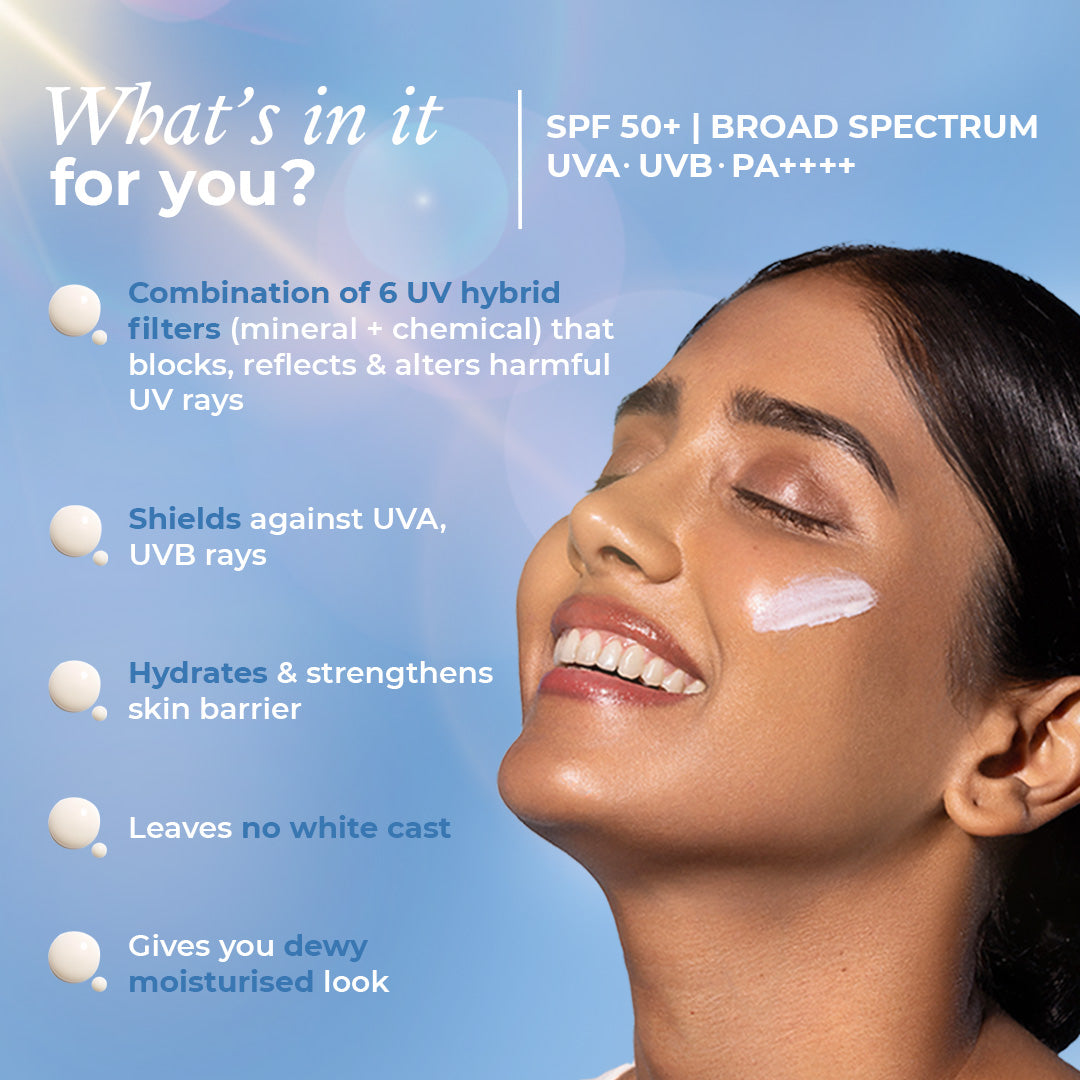


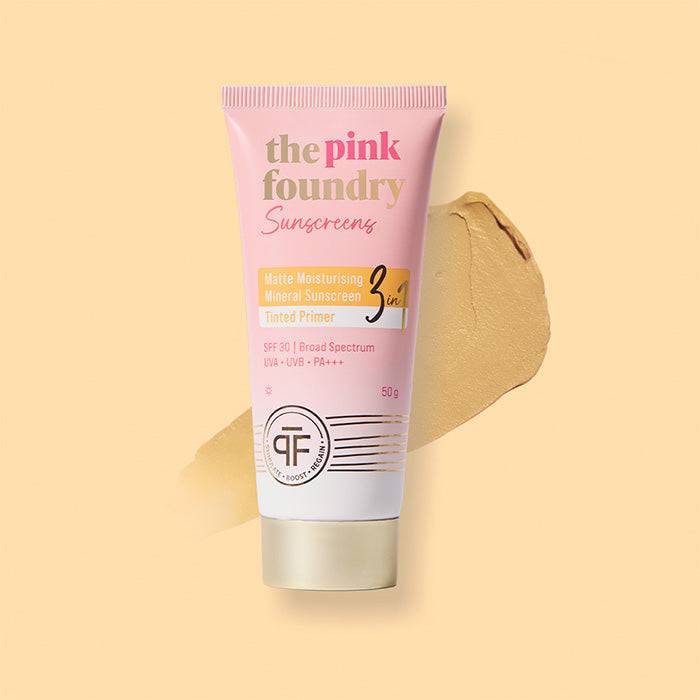
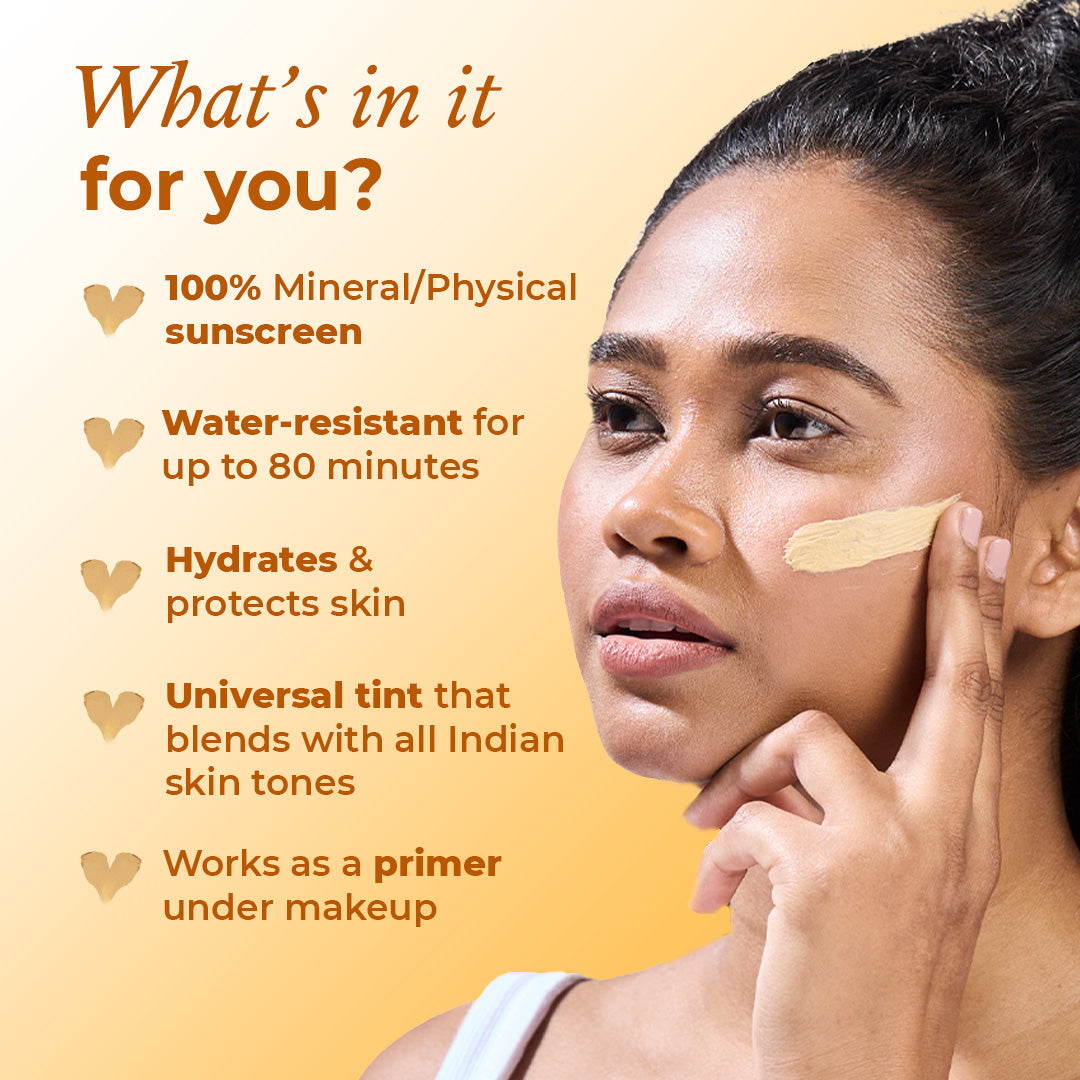



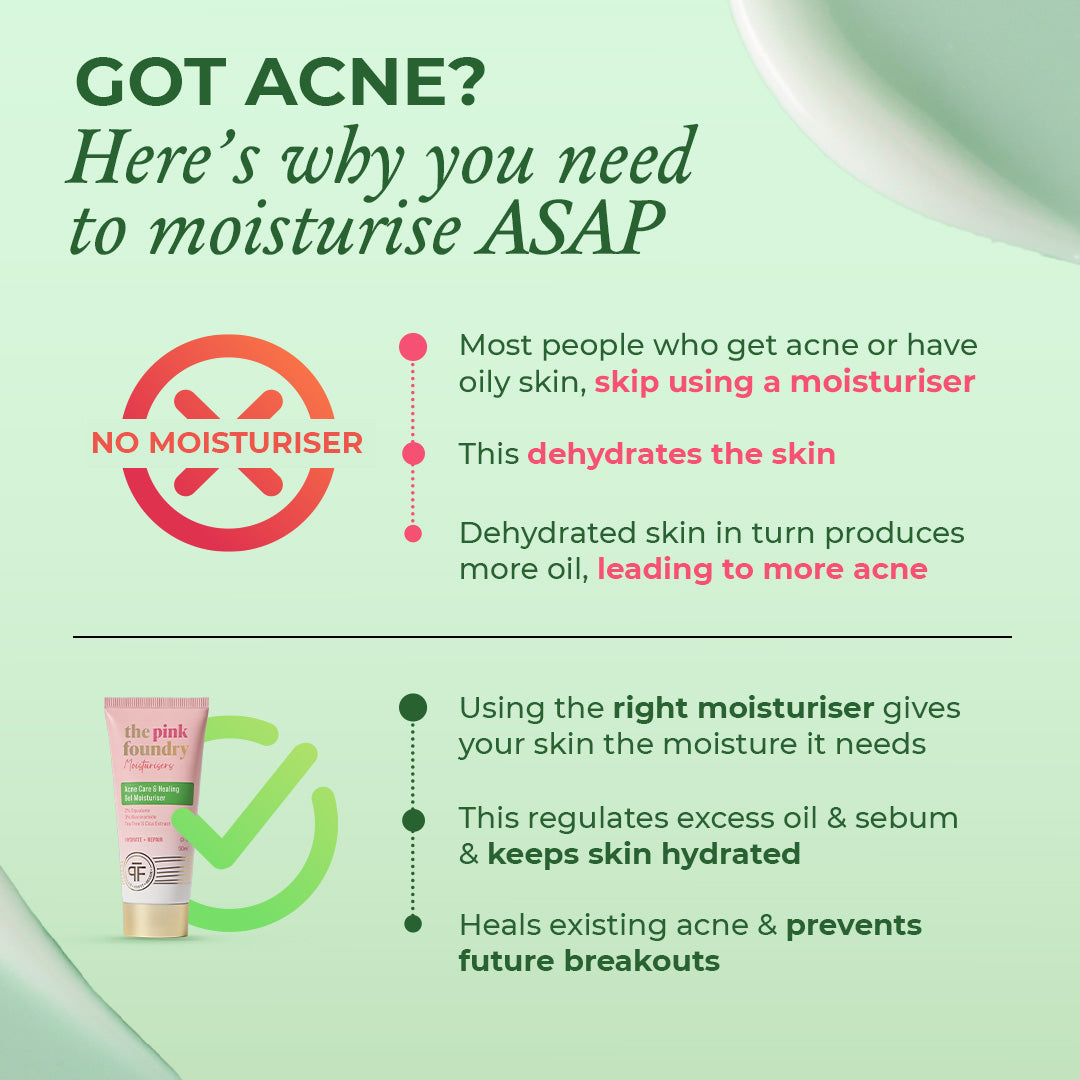
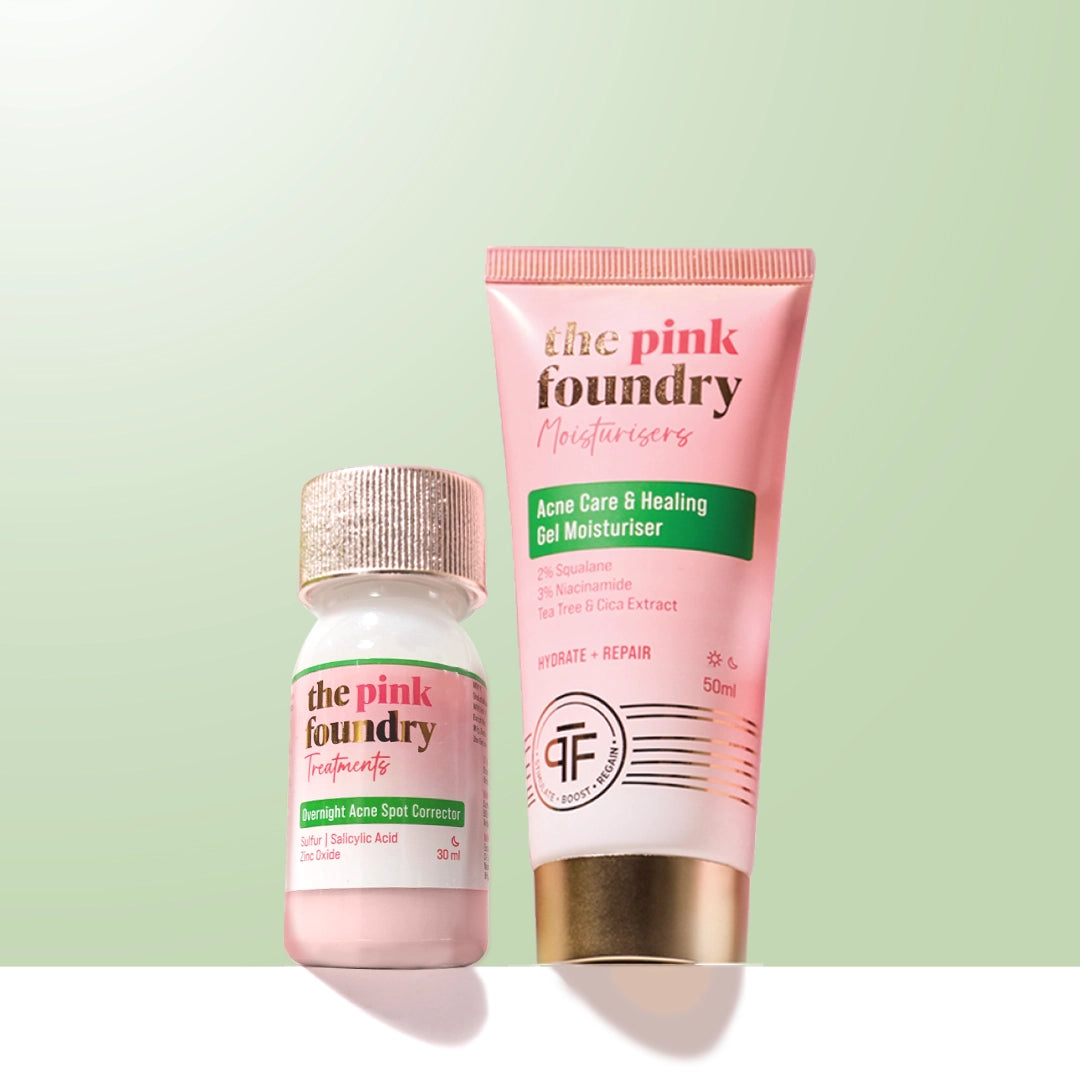
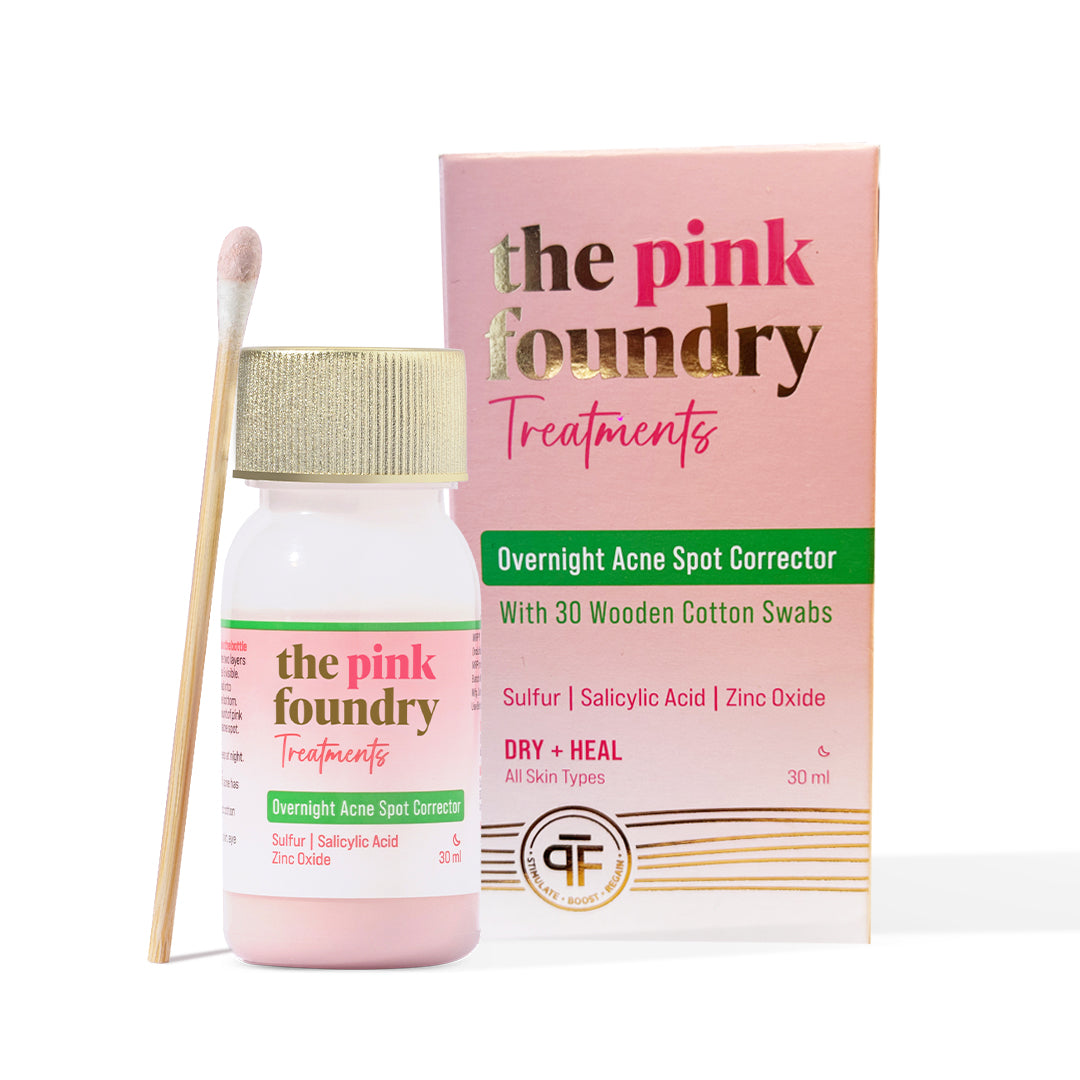
Leave a comment
This site is protected by hCaptcha and the hCaptcha Privacy Policy and Terms of Service apply.